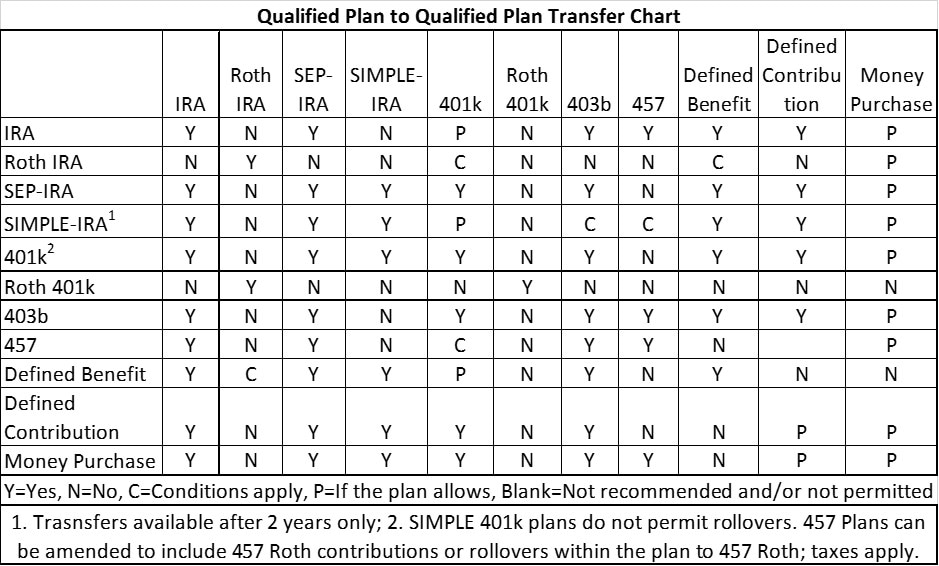A. About half of the states allow homeowners to use a transfer on death (TOD) dead to transfer their real estate to their heir(s). If a TOD deed is in place, you can avoid the costly trust and probate issues.
However, a TOD deed only addresses real estate, nothing else. If you have minors, a trust is a must. If you have other assets, a trust might also be needed. In addition, with a trust, you can attach an incapacity clause, which will allow someone you appoint to step in and act on your behalf if you ever become unable to handle affairs.


 RSS Feed
RSS Feed
